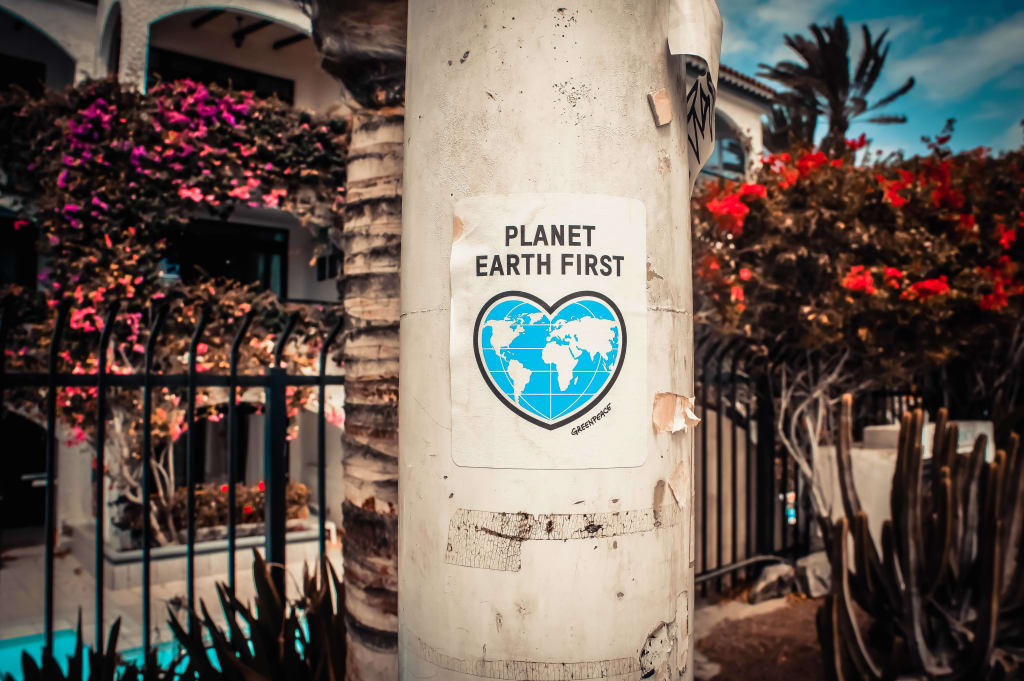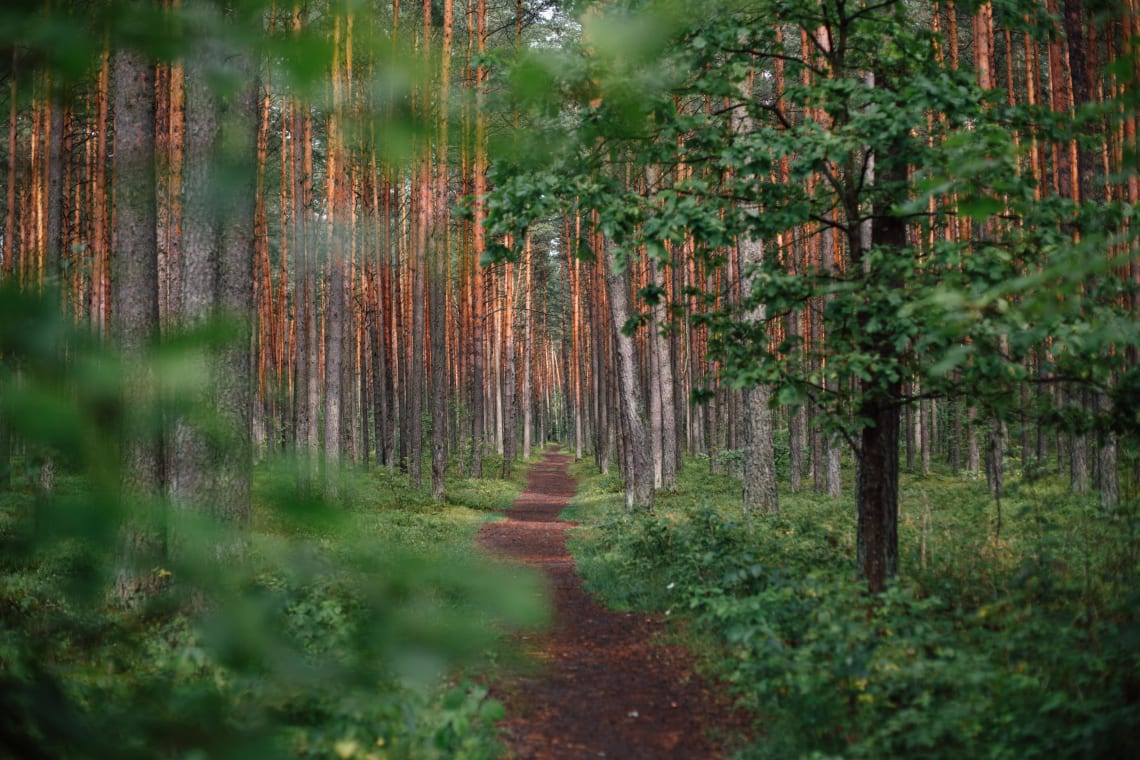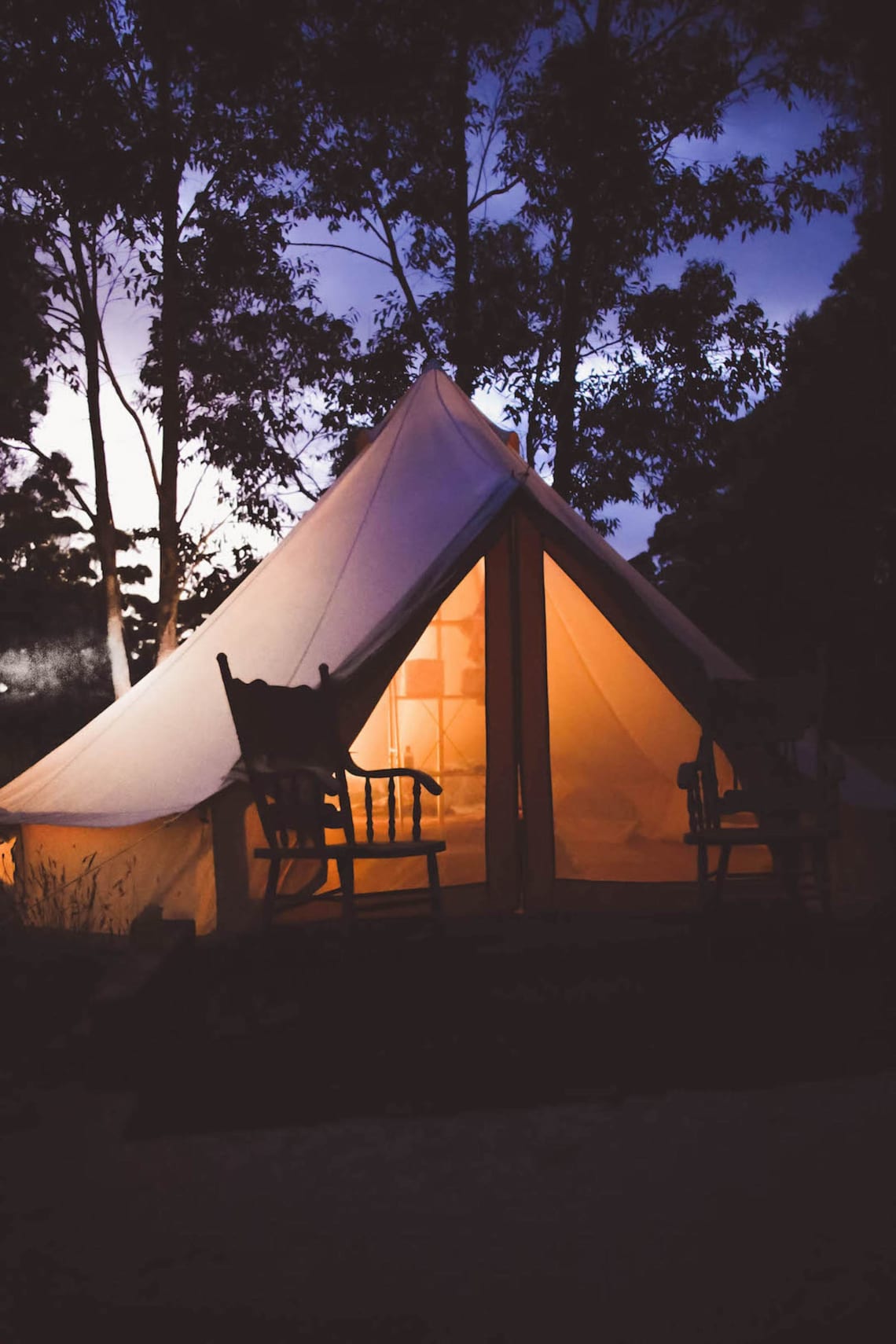
- Want a ticket worth up to $500 for free?
- Submit your answer by April 30th for a chance to win.
Curious about responsible travel? Read on to discover 12 tips for traveling the world while having a positive impact on the environment and international communities.
9min

Words like "sustainable" and "eco-friendly" are thrown around a lot these days. But what do these terms mean when it comes to travel?
Taking this further, what does socially responsible travel really look like? How can we make sustainable travel a reality?
As someone working in the travel industry, I think about this quite a lot. How do we travel without having a detrimental impact on the community we are visiting? How do we know what we deem "right" or "good" is equitable to what is thought of as such elsewhere?
In this article we'll look at 12 ways to be a responsible solo traveler, both as it relates to the environment, society, and culture.

Where you choose to go is the first step in becoming a responsible traveler.
In this modern world of accessible and affordable transportation, there is often an overabundance of tourists. In many cases this has a detrimental effect on formerly pristine locations. For example, in Dubrovnik, Croatia, it is feared that traffic, both vehicular and pedestrian, is causing damage to the Old Town buildings, a UNESCO World Heritage Site.
Another example is Angkor Wat, the 12th century Hindu Temple complex in Cambodia, which receives well over 1 million tourists each year. This has a profound effect on the ruins, and the increased population in nearby cities that results takes up so much groundwater that scientists fear some of the temples may collapse.
Even off the beaten path places such as the Galapagos Islands are suffering from over-tourism. Invasive species reach the islands on cruise ships and in suitcases, harming the renowned native plants and animals.
Worldwide, increased boat pollution due to tourism is causing the loss of miles upon miles of coral reef. And let's not forget the impact on local people. Tourism often leads to soaring realty costs, pushing local residents and small businesses out of town. While tourism isn't the only antagonist in this story, it is a major player.
There are ways to visit these amazing destinations in an eco-conscious or friendly way. Consider going during the off-season and hiring local guides that know the area and the activities that won't cause harm. Visit nearby locales instead of those frequented by other tourists. Many are just as beautiful, if not more so! They may not have been featured in a James Bond movie, but who needs 007 Insta photos when you have glorious unspoiled beaches?
There are also plenty of other exciting destinations that would welcome your visit, as tourism can be a good thing in many communities throughout the world.
Do your research and you'll feel better about the footprint you're leaving.

Many of us don't think twice about hopping on a plane, boat, bus, etc. to get to where we want to be. But all of these methods of transportation have profound consequences for the environment. Especially air travel! Try to reduce your carbon emissions by considering bus or train travel instead of flying.
A great resource for the responsible traveler is this BeFrugal calculator. It can help you decide if flying is the most affordable and eco-friendly way to get to your destination.
For long trips, flying may be unavoidable. In these cases, consider donating to a carbon offset program which "compensates for the CO2 emissions from your travel by removing or preventing the release of an equivalent amount of CO2 into the atmosphere", according to The Nature Conservancy. Both Delta and United Airlines have carbon offset programs.

Wanting to be a responsible traveler is one thing, preparing to be one is another. Get yourself in the minimalist mindset early on. Here are a few things to keep in mind:
• Pack lightly, especially if flying!
• Bring a reusable water bottle and straw — there is nothing worse than plastics when it comes to the waste we see worldwide.
• Culturally appropriate attire. If you plan on visiting temples in Bali, you better have a long skirt or wrap-around for over your shorts! In many places, pants and longer sleeves are a must for both men and women.
• Try to bring clothes that won't get filthy early on. Despite what your mother told you, you can wear things more than once to save some water (just don't wait too long between washes, your fellow hostel-goers won't appreciate your eco-friendliness)
• Pack some canvas bags or totes to avoid the use of plastic bags on your journey. These will come in handy when buying groceries, storing dirty shoes/laundry, etc.
• Forgot something at home? Purchase what you need on your trip when you reach your destination and support the local economy.

Even if you're not traveling with a tour operator, you most likely will use one for some expedition during your solo adventure. Whether it's going on safari in Kenya or snorkeling in Thailand, it's imperative that you do your due diligence in making sure tour operators are legitimate and responsible towards the environment and local culture. Asking locals is always the best thing you can do but check out their sites online as well and read their reviews.
Ask yourself — will you be endangering wildlife by getting too close? Will you be damaging reefs or in an area culturally unacceptable?
An example of this can be seen at Uluru, otherwise known as Ayers Rock, in central Australia. Uluru is a sacred site to Aboriginal Australians, specifically the Anangu people, who own the land. Visitors are asked not to climb it out of respect (and safety reasons), however many tourists make the hike anyway. This is complete disregard for local customs and shows disrespect towards the indigenous culture and community. It also harms this incredible natural wonder, eroding the sandstone.
Make sure any tour operator you choose has been well-researched and comes recommended. You can even ask them ahead of time what they do to promote ecotourism and socially responsible travel! Responsible travel tours will most likely be very forthcoming with this information.

Sometimes being culturally sensitive is not as easy as one would think! You can do ask much research as you want but putting your knowledge into practice can be another thing entirely.
I've most definitely been in situations where I forgot to take my shoes off at the door when wearing them indoors is very rude. It was not until after I returned from my first trip to Asia that I discovered eating everything on your plate is an indication that the chef had not prepared enough and that you left unsatisfied. I also once tried to enter a mosque (with headscarf) that women were most definitely not allowed in, let alone foreign, non-Muslim women.
This is where guidebooks, local friends or acquaintances, and observation will be your most powerful allies. Sometimes you'll receive conflicting information, but don't lose heart! Most communities will understand that you are a stranger in a strange land and may not immediately know the do's and don'ts.
Paying attention to cultural norms is also a learning lesson for the responsible traveler. How can you use this knowledge when returning home? You may have a deeper understanding of your own rituals and traditions.

The absolute most responsible thing you can do when traveling is to leave no trace. In other words, don't leave anything worse than how you found it. Better yet, leave it better!
As mentioned above, pack materials that will help you with this no-waste lifestyle. In addition to a water bottle and straw, you can pack Tupperware or other reusable containers so you're not using styrofoam or plastic single-use plates and cutlery. Many outdoor/camping shops will have these items.
If you do have to use single-use items, make sure to recycle where ever possible.
Another point: read signs and abide by them! They are there for a reason. Don't destroy local flora and fauna by stomping around where you're not supposed to.

On a recent trip to Vietnam, I was waiting and waiting to purchase souvenirs. I really wanted to buy them where I knew my purchase would have a positive impact. I eventually found just such an opportunity in a small Hmong village in Sa Pa, where I was trekking and staying in a home stay.
The women of the village sold homespun bracelets, pillow cases, and purses with beautiful, intricate patterns. They were excellent salespeople, and I was happy to fork over my cash for some of these one of a kind, handwoven items. I knew that my money would go to the homes I was a guest in, the school I passed every day, and the children playing games with me in the rice fields.
Buying local is not just good practice for the responsible traveler, but the responsible human, period. I challenge you to think how you can support local economies both at home and abroad.

Cruises are one of the fastest growing methods of leisure travel, and for good reason. They're often inexpensive, all-inclusive, and easy to get to. Who wouldn't want to hop aboard a Disney cruise?
However, despite efforts from cruise lines to reduce their waste and carbon footprint, they continue to generate huge amounts of sewage and chemicals which are then dumped into our oceans.
While I'm sure travelers everywhere will continue to enjoy cruises, perhaps you will think twice before hopping aboard one in the future. If you really want that all-inclusive experience, opt for an eco-friendly resort.
Increasingly popular, eco-friendly resorts take active measures to reduce their carbon footprint and be as energy efficient as possible.
They often also support the local community, offering jobs, a boosted economy, and in some cases, partnership in community projects.
If an eco-friendly resort is out of budget, why not participate in an eco program with Worldpackers? Work on organic farms and learn about permaculture in exchange for accommodation at your dream destination!

Resorts aren't the only places jumping on the eco-friendly tourism train. Nearly everywhere you can think of now has an eco-lodge or hotel advertising their dedication to being "green."
Responsible travel means finding those accommodations practicing what they preach in terms of sustainability, and perhaps paying just a little bit more to support their efforts and in turn, the local community.
Worldpackers is a great place to start when searching for a way to travel and stay while being responsible towards the local environment and culture.

We've talked about being responsible when it comes to traveling to your destination, but what about traveling around when you get there?
Save on harmful carbon emissions by using public transportation, or even biking! Some cities are more bike friendly than others, so if this is not an option you could also opt for ride-sharing. When in doubt — do what the locals do!

I know, I know — riding an elephant would be super cool — if Aladdin did it, why can't I? However, many elephants in captivity and used for the tourist trade are overworked and stressed. Additionally, the process of taming these beautiful animals is very cruel.
The same can be said about swimming with dolphins and getting close enough to take a selfie with big cats. So, how do you interact with wildlife responsibly while traveling?
First, trust the experts. If you did your research and are on a responsible travel tour or expedition, your guides will know how close you can get to the animals you encounter, and you'll walk away with more knowledge about how to protect the species.
Secondly, consider visiting a wildlife sanctuary or zoo with reputable research and medical programs. Gorilla trekking, bird watching, whale watching, and photo safaris are other ways to get close to animals without endangering them or their habitats.

Last but not least, think about volunteering abroad! Volunteering is one of the most socially responsible ways to travel.
Worldpackers has a myriad of volunteer opportunities for every type of solo adventurer!
By volunteering you'll not only be experiencing the local landscape, you'll be actively contributing to maintaining its beauty and sustaining its unique culture.
In summary, responsible travel isn't always easy, but it's a far more rewarding experience.
You'll know you are making a difference by learning more about the issues facing international communities, and either lending a helping hand, or not being a part of the problem.
Simply spreading the word about responsible tourism and eco-friendly options does a world of good! By educating others about sustainability, you'll be inspiring responsible travel for years to come.
Write here your questions and greetings to the author
Kimberli
May 06, 2019
Great article :)